Not-So-Blurred Lines
Until now, I had not paid much attention to the proposed nation-state identity bill, figuring that it stated the obvious but was being done for emphasis (“Red Lines,” Dec. 5). But in reading this article, I discover that part of the bill is to discontinue Arabic as an official language. Among other things, it makes the Arab population second-class citizens, and as the article says, undermines the message that Israel is a democracy with full rights to all citizens. On what basis can you tell 20 percent of your citizens, who, by the way, are indigenous, that their language can no longer be used in the public sphere? I do not see a compelling reason for this, especially since the Declaration of Independence already declares the country a home for the Jewish people. I cannot think of a more powerful tool right now to hand to the Boycott, Divestment and Sanctions movement with which to prove that Israel is an apartheid state. They are experts at PR and will exploit this at every opportunity.
I admit that reading this article was painful and I was resisting its message about the red flag, but I have to agree that its message is powerful and should be taken very seriously, and I compliment Rob Eshman for sharing this message with us.
Thomas Solomon via jewishjournal.com
The Chabad Way
It is a matter of inclusion with no expectations (“The Chabad Secret, Dec. 5). Recently, the Knesset Synagogue in Israel proclaimed that if you are not a practicing Orthodox Jew, you are not welcome in their synagogue. This would never happen in any Chabad. They recognize that people are people and life is messy. It is a mitzvah to have them in our community.
Steven M. Levy via jewishjournal.com
Made for You and Me
As a born Jewish Black American, I can tell you that during the mid-’60s, my brother and I did a whole lot of walking on Shabbat (Saturday) along the Pico-Fairfax corridor of Los Angeles (“God Gave This Land to Them,” Dec. 5). Israel is our promised ancestral homeland. Period.
Arthur Killum via jewishjournal.com
Safety Net
As a young Jew living in America, I was glad to find this article to inform me of what happened in my home country a few weeks ago (“Fear Thy Neighbor,” Nov. 28). This is an attack that took place when a Jew was at his or her most vulnerable moment. Wrapped in tefillin and ready to pray to their God, these innocent people were ambushed by surprise. It terrifies me to hear that in a place that you feel safe, you could be terrorized in any given moment. This article helped me realize the importance of social media and the Jewish Journal, because you don’t need to be physically in Israel to be terrorized, like the woman in the story said.
Maytal Madmony, Los Angeles
UCLA and the BDS Debate
The recent Boycott, Divestment and Sanctions issue at UCLA spotlights a more serious underlying problem, one that goes further than the politics of Israel on campus (“Reframing the BDS Debate at UCLA,” Dec. 5). As Natalie Charney, Eytan Davidovits, Omer Hit, Gil Bar-On and Tammy Rubin explained, the outcome of the vote at the Undergraduate Student Association Council (USAC) meeting that night was pre-determined. The reason for this is, unlike other universities and colleges, the UCLA student government is run by a relatively small, 14-member council.
Once elected, USAC is funded by mandatory fees. Individuals do not have the option of refusing to pay, and most are probably unaware what the fee is for. With this guaranteed budget, most of which is appropriately spent on student cultural activities, councilmembers and commissioners have no incentive to make themselves available to the general student population.
In some universities (especially abroad), where membership is voluntary, student politicians must persuade individuals to pay their dues — not so at UCLA.
The result is a body that is often neither transparent nor accountable to ordinary students, and easily hijacked by well-organized groups with agendas. This is nothing new — Jewish student activists from Zev Yaroslavsky to those of today have had to work within this system. As the student activists pointed out, there are better ways for USAC to spend its time. UCLA should consider reforming its undergraduate student government to create a wider base of representation, more transparency and more accountability.
Meanwhile, the fact that the pro-Israel activists were able to collect 2,000 petition signatures in four days speaks volumes.
Miriam Caiden, Los Angeles
Strawberry Blitz
There are other flavors besides strawberry (“Homemade Sufganiyot Brighten Chanukah Celebrations,” Dec. 5)! Where is it written it has to be strawberry? Some people hate strawberry! I’m one of them! I’ve had chocolate sufganiyot and plain sufganiyot, and they are awesome!
Eliot Schickler via jewishjournal.com





















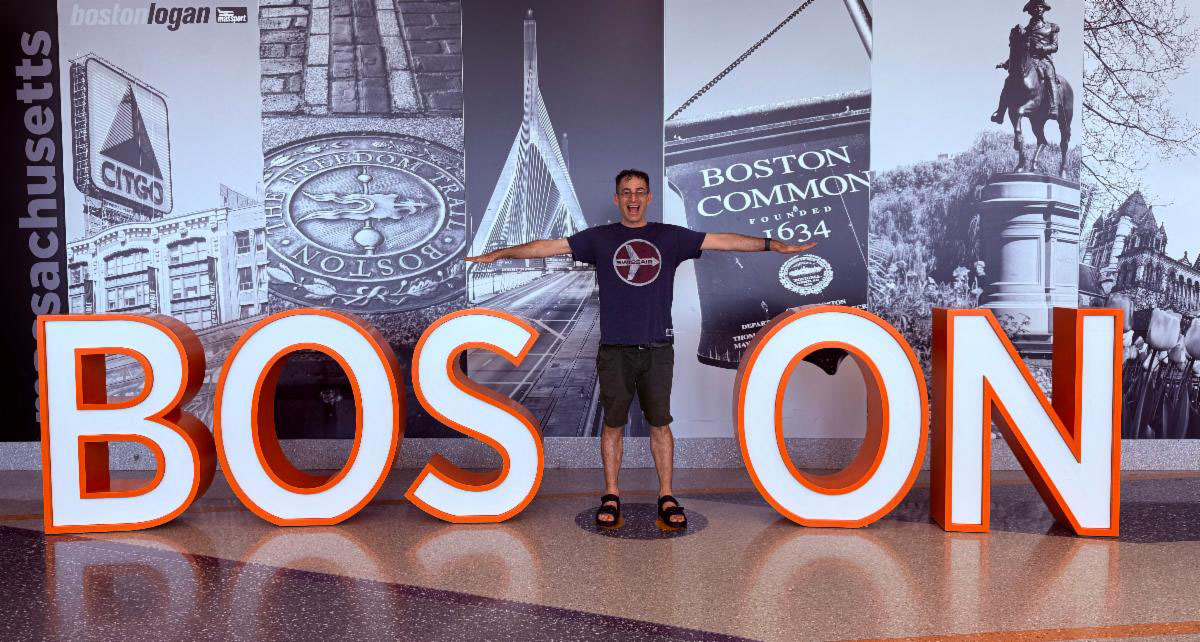
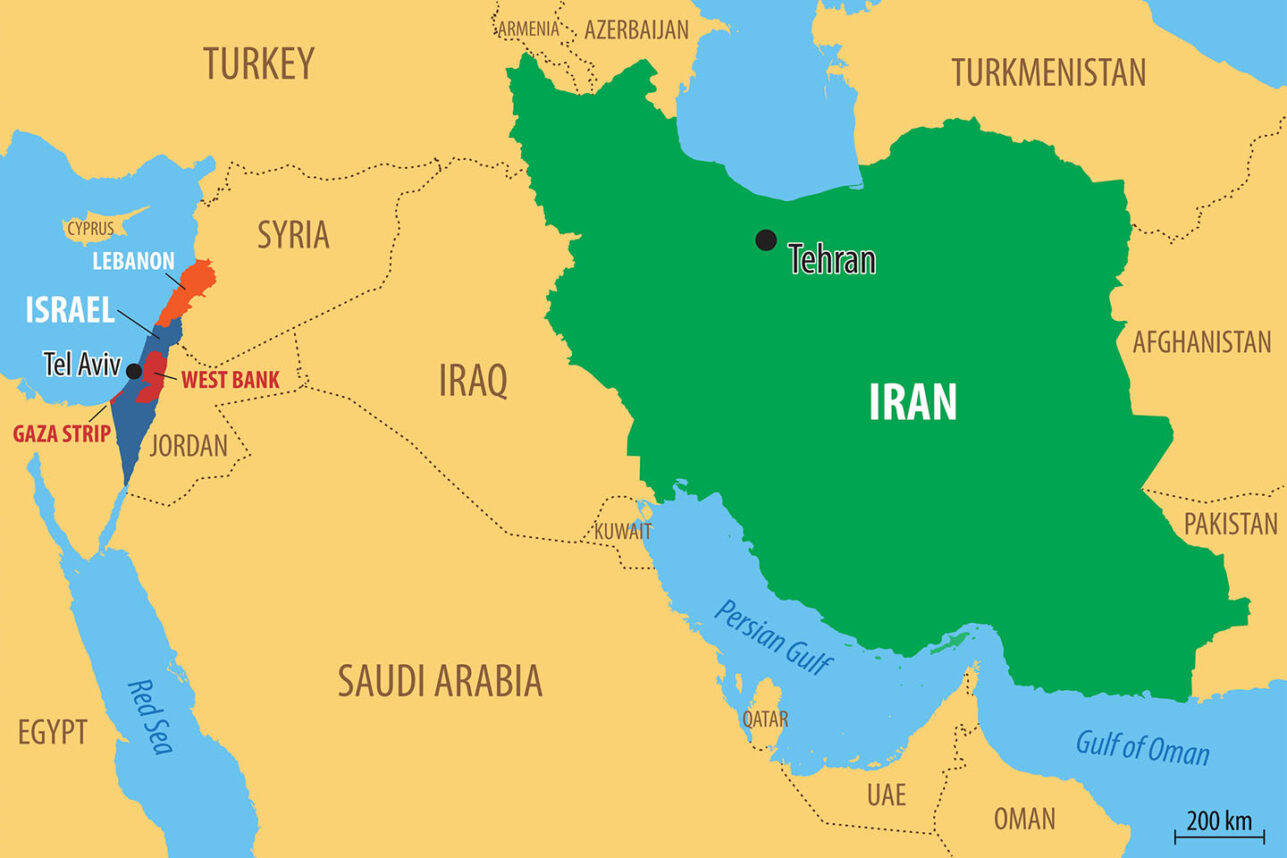

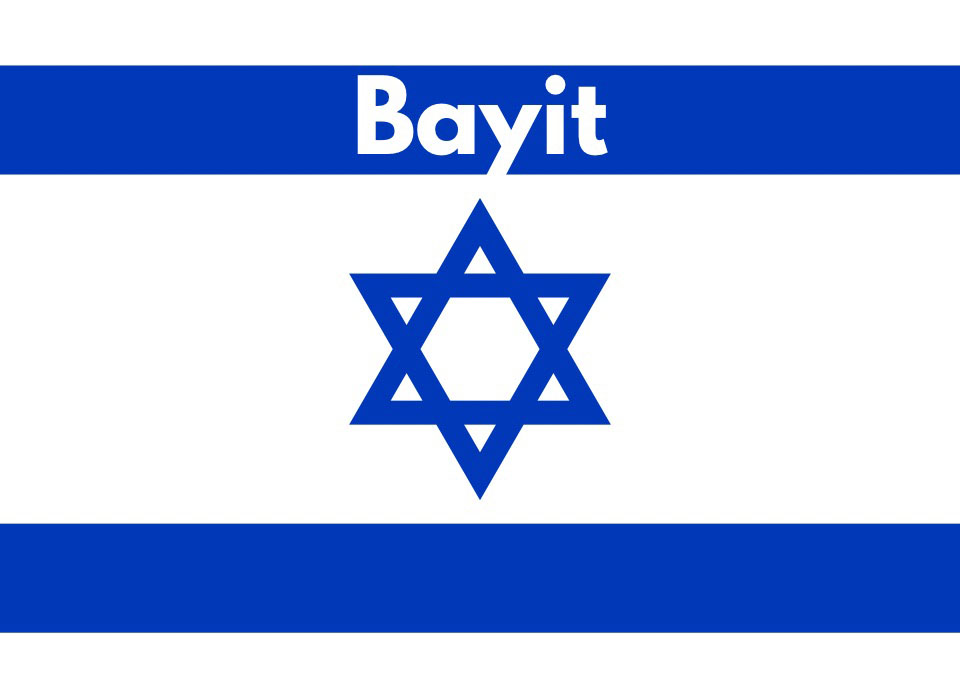


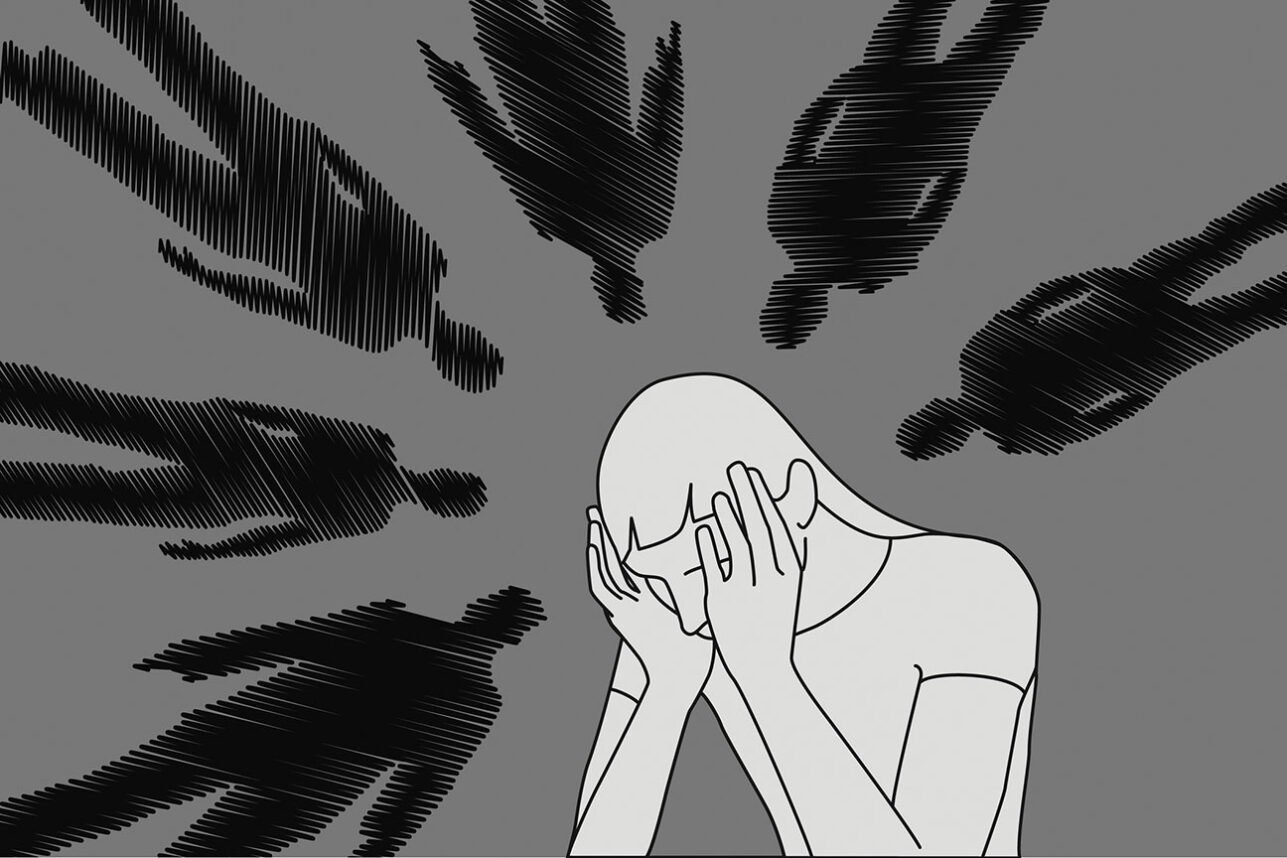
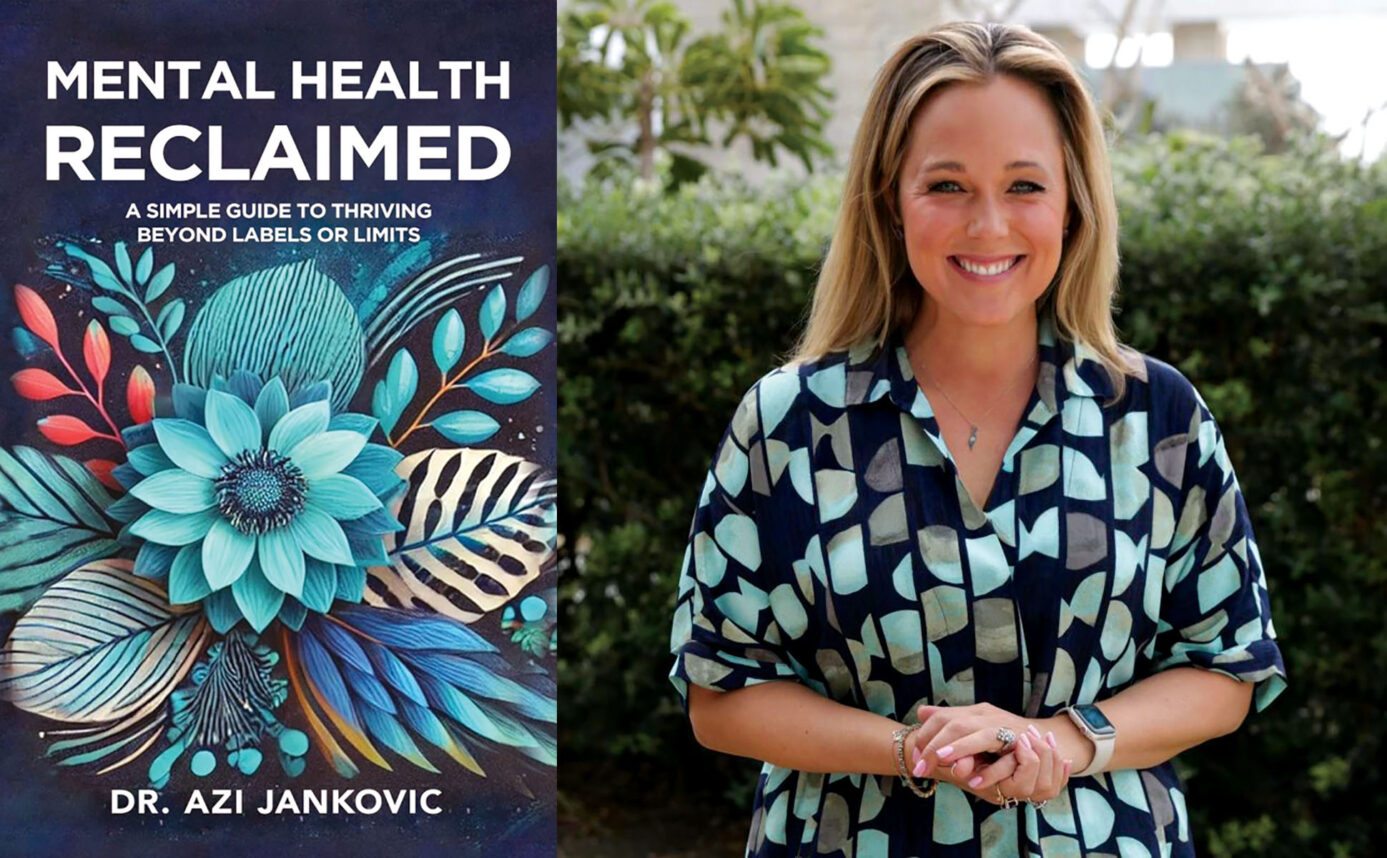
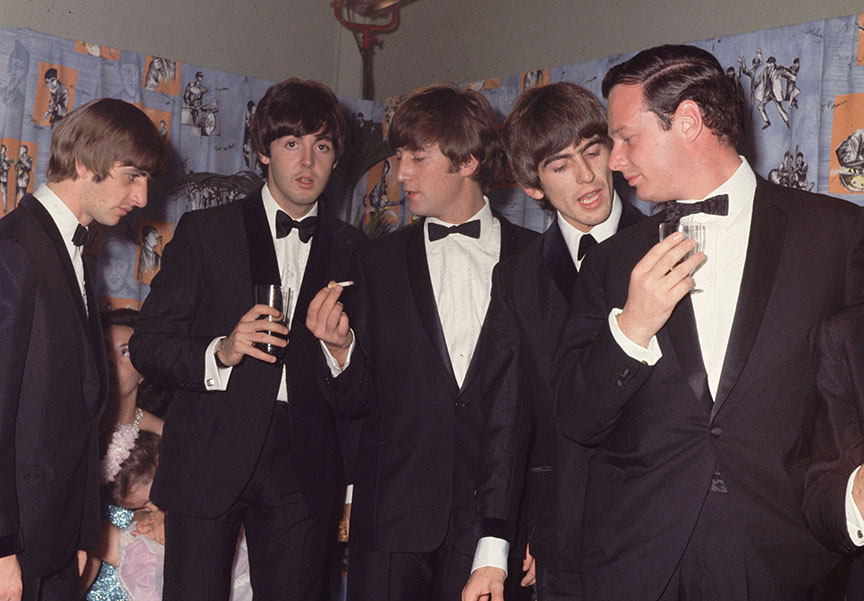



 More news and opinions than at a Shabbat dinner, right in your inbox.
More news and opinions than at a Shabbat dinner, right in your inbox.